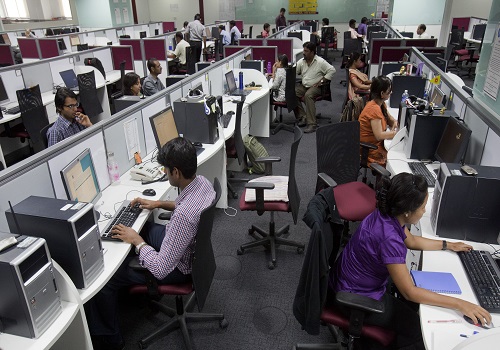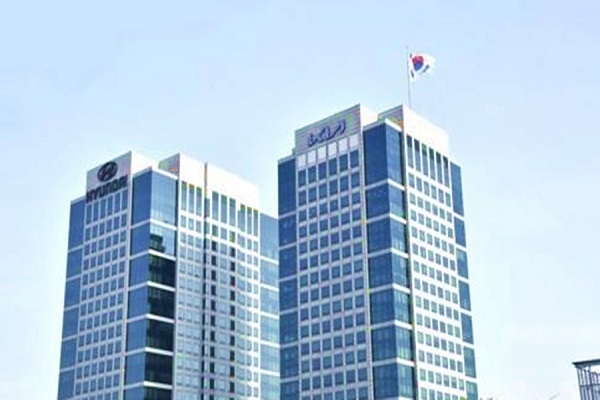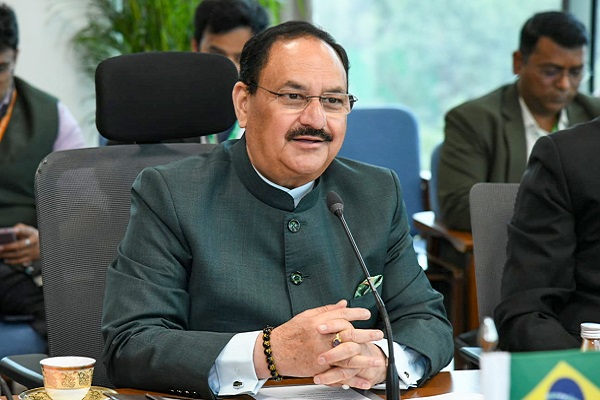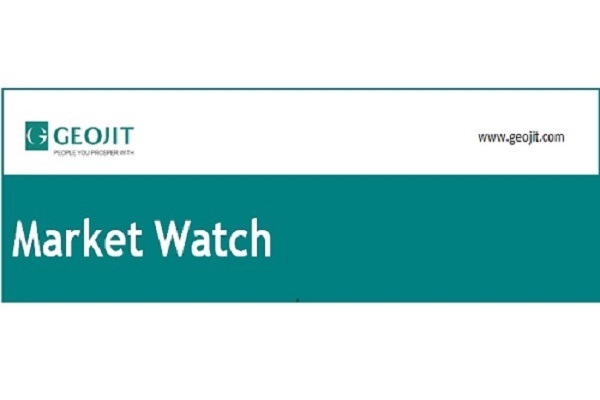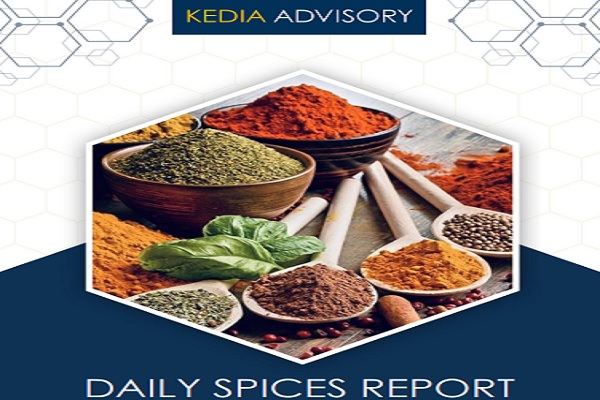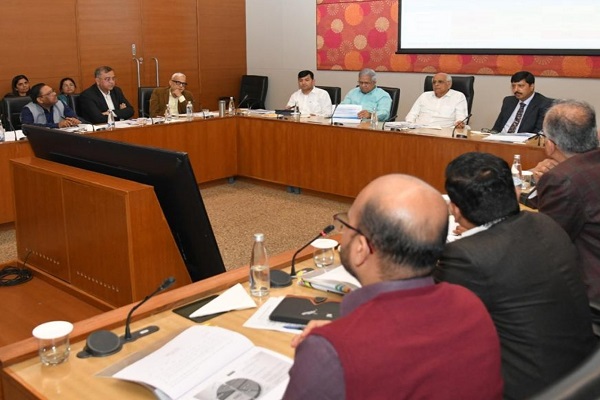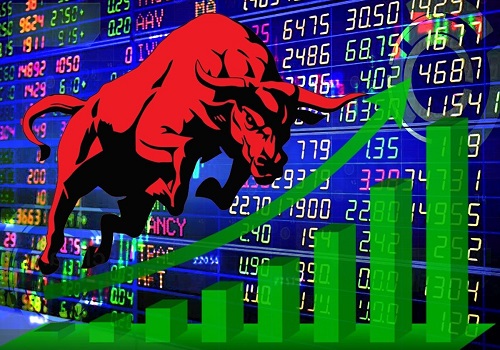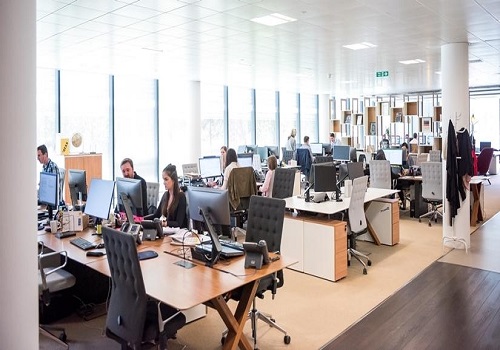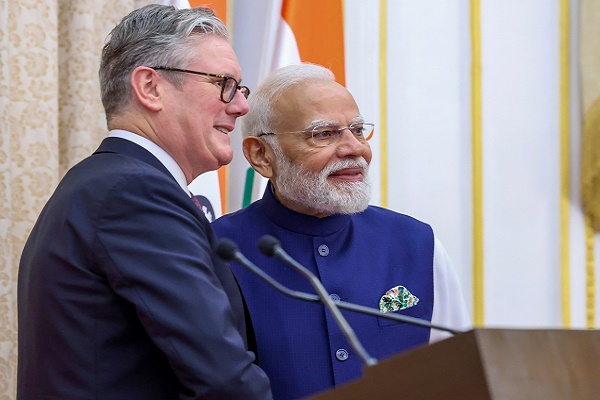``The Social Media Dilemma: Navigating the Fine Line Between Connection and Distraction``
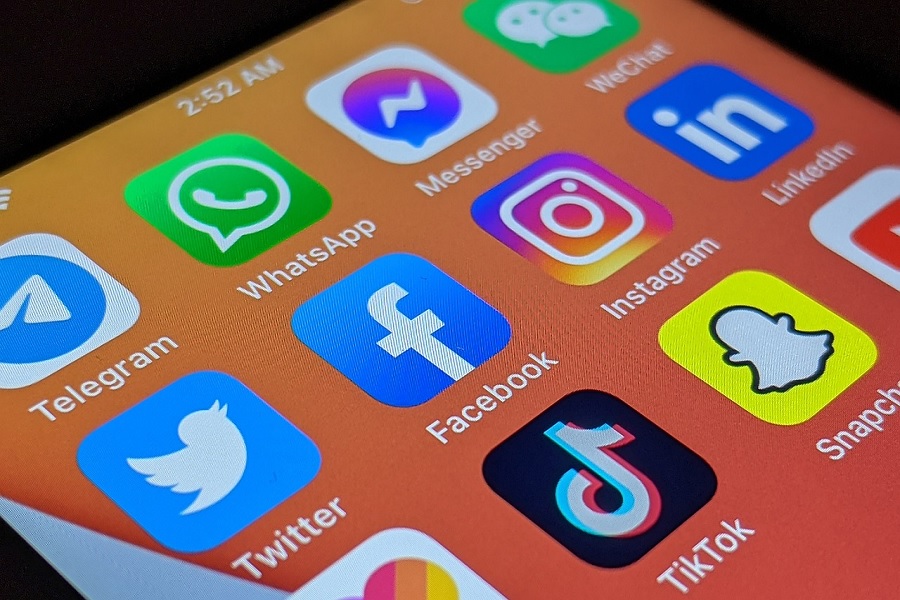
In today's digital age, social media has become an integral part of our daily lives. From staying connected with friends and family to keeping up with the latest news and trends, social media platforms provide instant access to an overwhelming amount of information. However, the very platforms that offer convenience and connection also present challenges. The social media dilemma is a complex issue that affects individuals, businesses, and society at large. While it can bring people closer together, it can also create feelings of isolation, anxiety, and distraction.
The Positive Side of Social Media
At its core, social media has the power to unite people from all corners of the globe. It allows individuals to share experiences, exchange ideas, and create virtual communities. Platforms like Facebook, Instagram, Twitter, and LinkedIn offer a space for personal connections, networking, and even professional growth. Many people rely on social media to stay informed about current events, explore new interests, and engage with like-minded individuals.
For businesses and brands, social media has revolutionized marketing strategies. It provides an unparalleled platform for companies to engage directly with customers, advertise products, and increase brand awareness. The ease of sharing content, running campaigns, and analyzing engagement metrics has made it a crucial tool in the digital marketing toolbox.
Additionally, social media has proven to be a lifeline during times of crisis. During the COVID-19 pandemic, it became a primary source of communication for families, businesses, and governments, helping people stay connected while physically apart. Social media platforms also played a pivotal role in raising awareness for social justice movements, allowing for global activism and calls for change.
The Dark Side: The Negative Impact
Despite its benefits, social media also has a darker side. For many users, it can become a source of stress, anxiety, and low self-esteem. The curated nature of social media, where users often post only the best aspects of their lives, creates a false sense of reality. This can lead to comparisons, jealousy, and feelings of inadequacy as individuals measure their own lives against the highlight reels of others. Studies have shown that excessive use of social media can contribute to depression, particularly among younger people who may feel excluded or insecure about their online presence.
Social media also contributes to information overload. With the constant stream of posts, notifications, and updates, it can be difficult to filter out irrelevant or misleading information. In some cases, this can lead to misinformation and the spread of fake news, which can have real-world consequences. The pressure to stay connected and stay updated on every post can lead to burnout and mental fatigue.
Moreover, social media can be highly addictive. The design of these platforms, with their infinite scrolls and constant alerts, is intentionally built to keep users engaged for longer periods of time. This can cause a cycle of compulsive checking and distraction, leading to decreased productivity and a diminished ability to focus on more important tasks. The addictive nature of social media also negatively impacts relationships, as individuals may prioritize virtual interactions over in-person connections.
Social Media and Its Impact on Mental Health
The relationship between social media use and mental health is complex. While some individuals can use social media in a balanced and positive way, others may experience negative psychological effects. Studies suggest that social media use can lead to feelings of loneliness, particularly among individuals who use these platforms as a substitute for real-world social interaction.
The constant exposure to filtered, idealized images of others can create unrealistic standards, which can lead to body image issues and low self-esteem. Furthermore, the dopamine rush that comes from receiving likes, shares, and comments can lead to a cycle of seeking validation from others, rather than cultivating internal self-worth.
Young people, in particular, are vulnerable to the effects of social media. Adolescents who spend more time on social media are at higher risk for developing mental health issues, including anxiety and depression. This is often exacerbated by cyberbullying, which has become a prevalent issue on many social media platforms. The anonymity provided by the internet can encourage harmful behavior, making it harder for individuals to escape negative experiences.
Finding Balance: Navigating the Dilemma
So, how do we navigate the social media dilemma? The key lies in balance. It’s important to recognize when social media use is enhancing our lives and when it’s detracting from our well-being. Here are some strategies for maintaining a healthy relationship with social media:
Set Boundaries
Establishing clear boundaries around social media use can help prevent it from taking over your life. This could include setting designated times for checking social media or limiting screen time each day. You can also turn off notifications to reduce distractions and minimize the urge to check your phone constantly.
Curate Your Feed
Take control of your social media experience by following accounts that bring value to your life. This could include educational content, positive influences, or hobbies that inspire you. By curating your feed to align with your interests and values, you can create a more uplifting and enriching experience.
Practice Digital Detox
Taking regular breaks from social media can help reduce its impact on your mental health. This could be as simple as spending a day or weekend offline, or setting specific hours each week for a social media detox. Disconnecting from the constant flow of information allows you to recharge and focus on real-world connections.
Engage in Face-to-Face Interactions
While social media can foster virtual connections, it’s important to prioritize in-person relationships. Spending time with family, friends, and colleagues in real life can help combat the feelings of isolation that can arise from excessive social media use.
Be Mindful of Your Mental Health
If you notice that social media is affecting your mood or self-esteem, take a step back and reflect on how it’s impacting your mental health. Seek support from a therapist or counselor if needed, and practice self-compassion when comparing yourself to others online.
The Future of Social Media
The social media dilemma is unlikely to disappear anytime soon, as these platforms continue to evolve and shape the way we communicate, work, and live. However, by approaching social media with awareness, intention, and balance, we can mitigate its negative effects and continue to benefit from its ability to connect and inform.
As society becomes more aware of the impact of social media on mental health, there is a growing conversation about digital well-being and the responsibility of tech companies to prioritize user health. The future of social media may involve more emphasis on creating positive, authentic spaces where individuals can engage meaningfully without the pressure of perfection.
Conclusion
In conclusion, the social media dilemma is a multifaceted issue that requires careful navigation. While social media has its benefits, it’s important to be mindful of the potential negative effects on mental health, productivity, and relationships. By setting boundaries, curating your feed, and taking breaks when needed, you can find a healthier balance that allows you to enjoy the best of what social media has to offer, without falling victim to its pitfalls.



